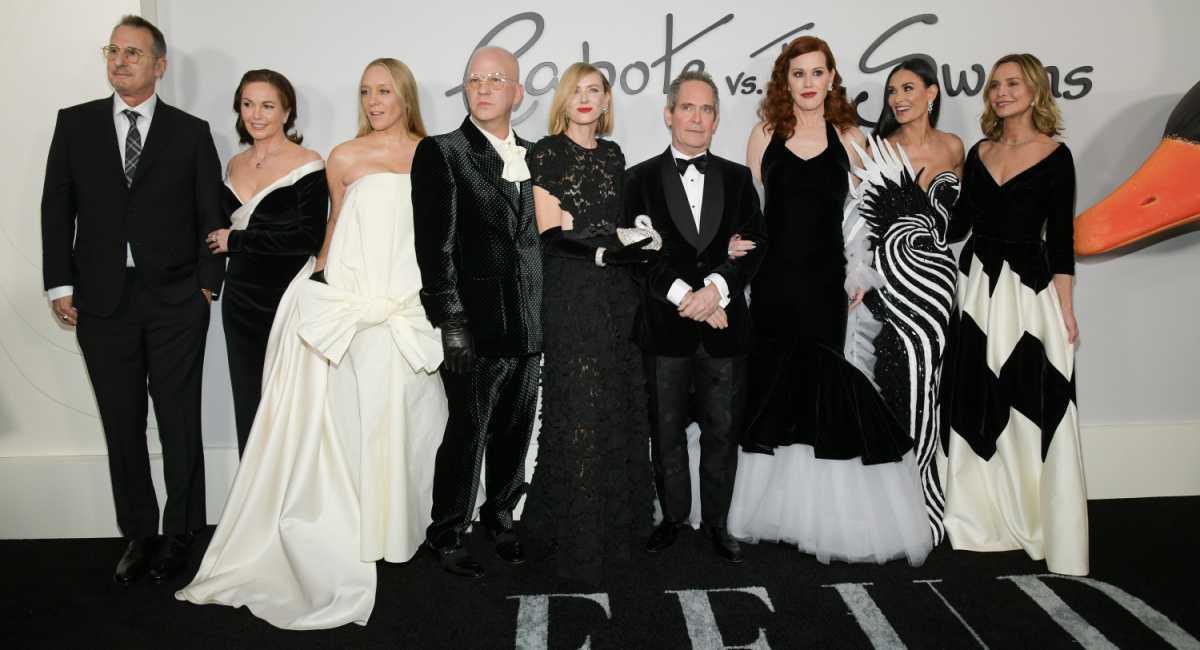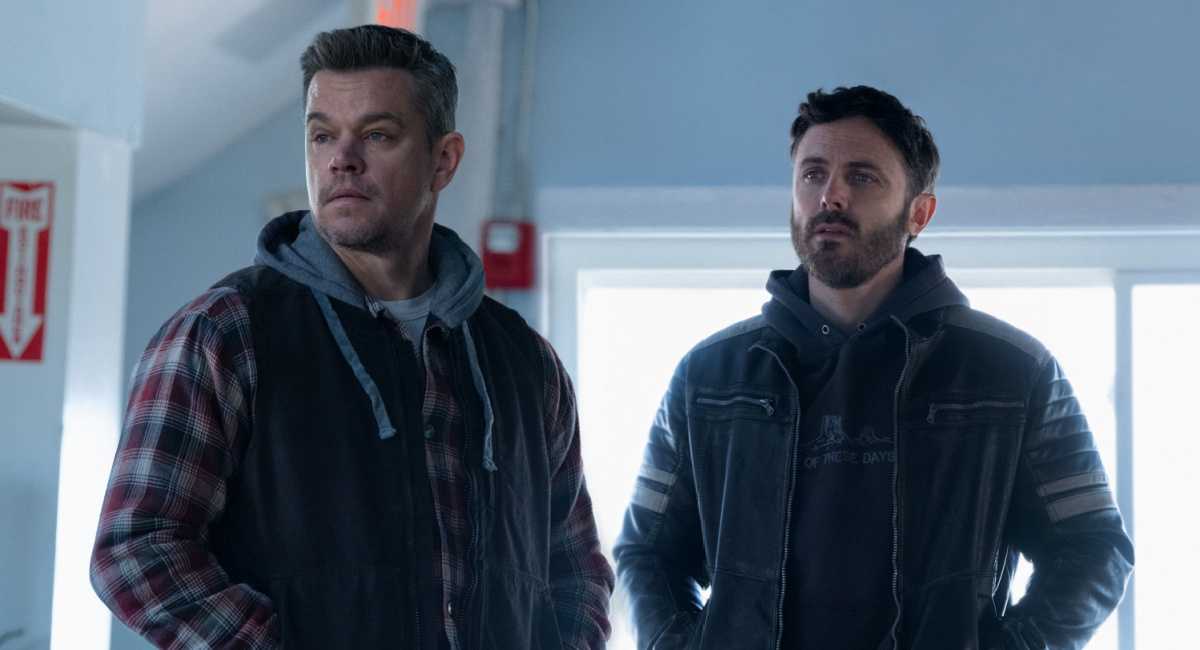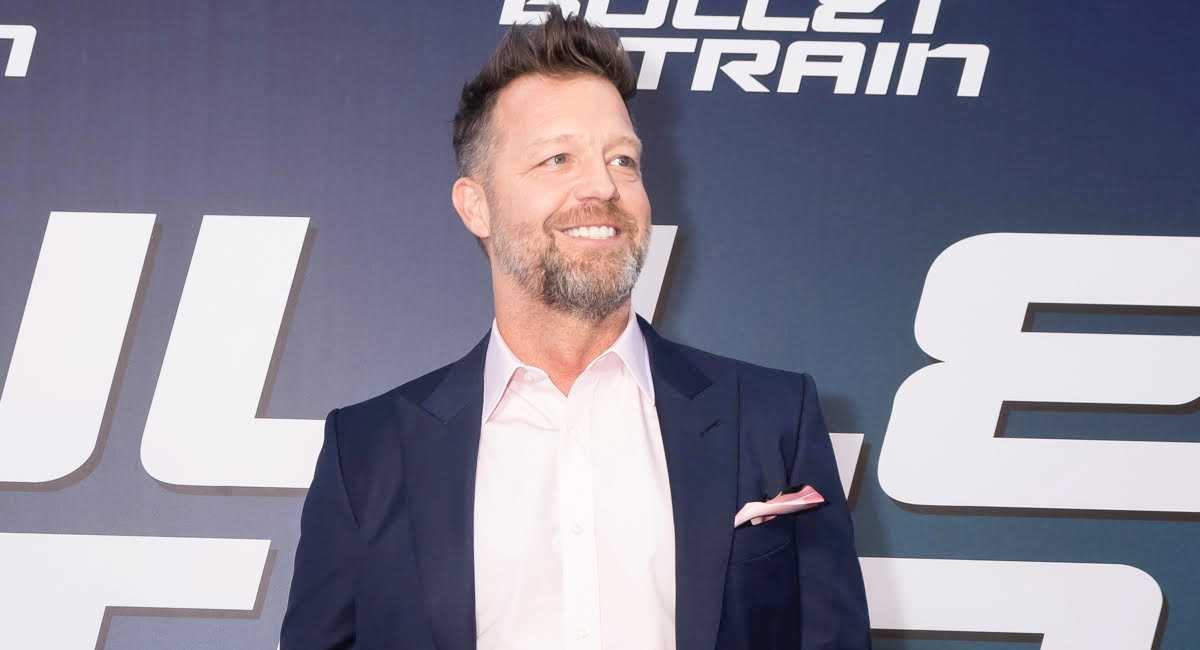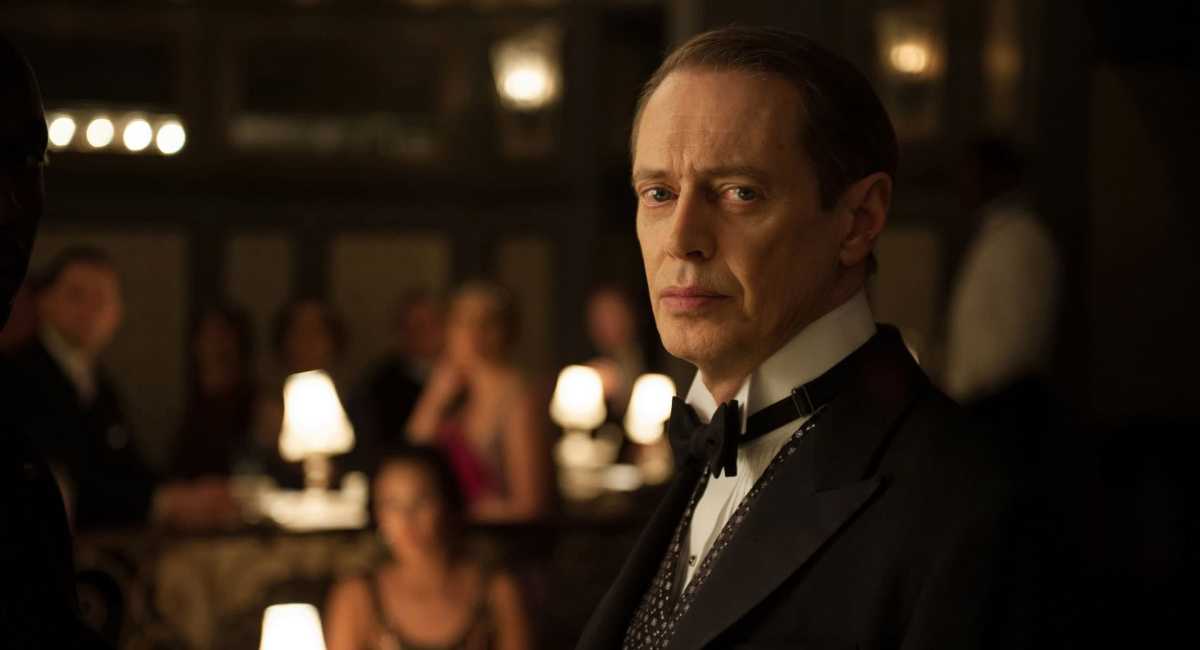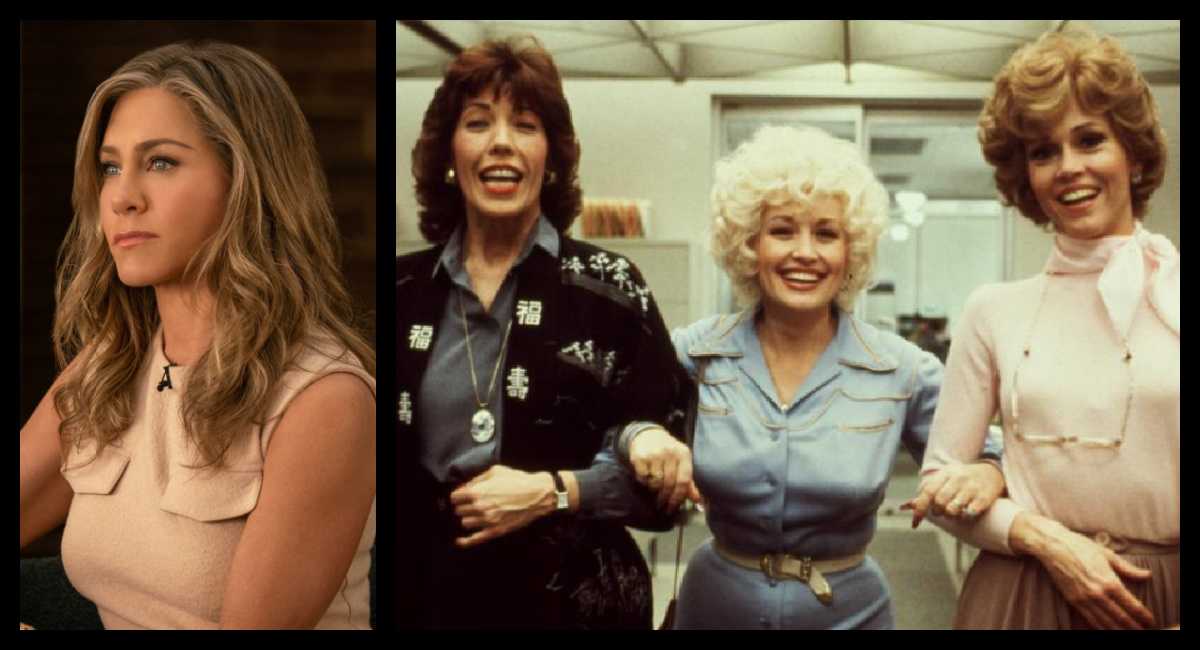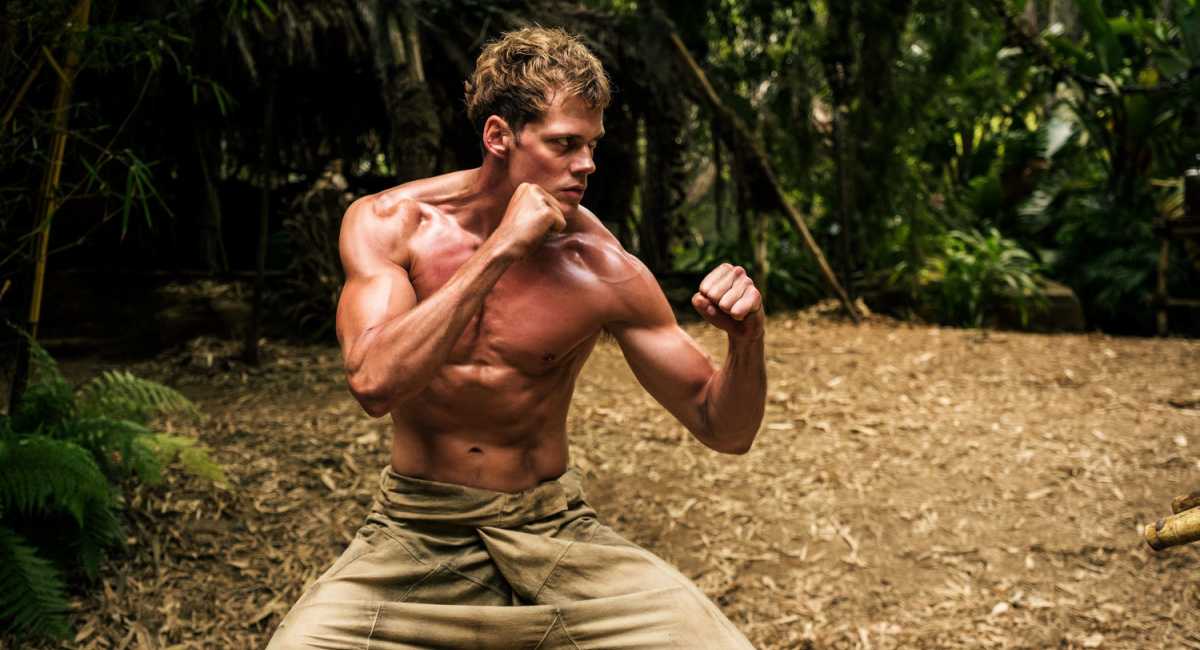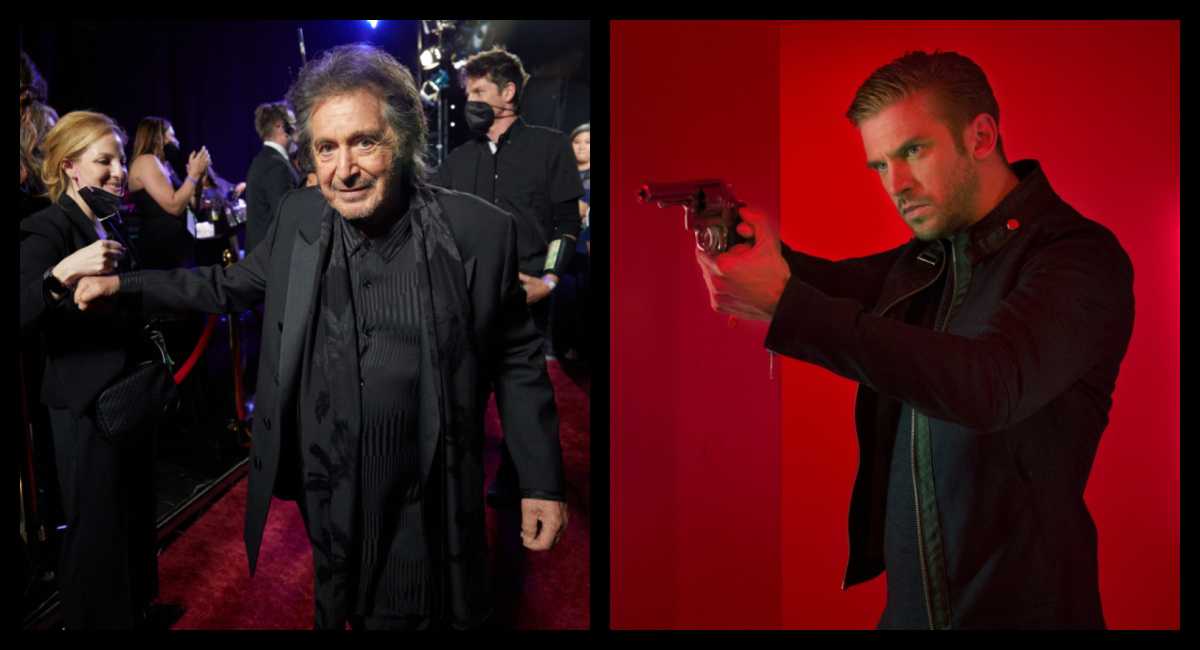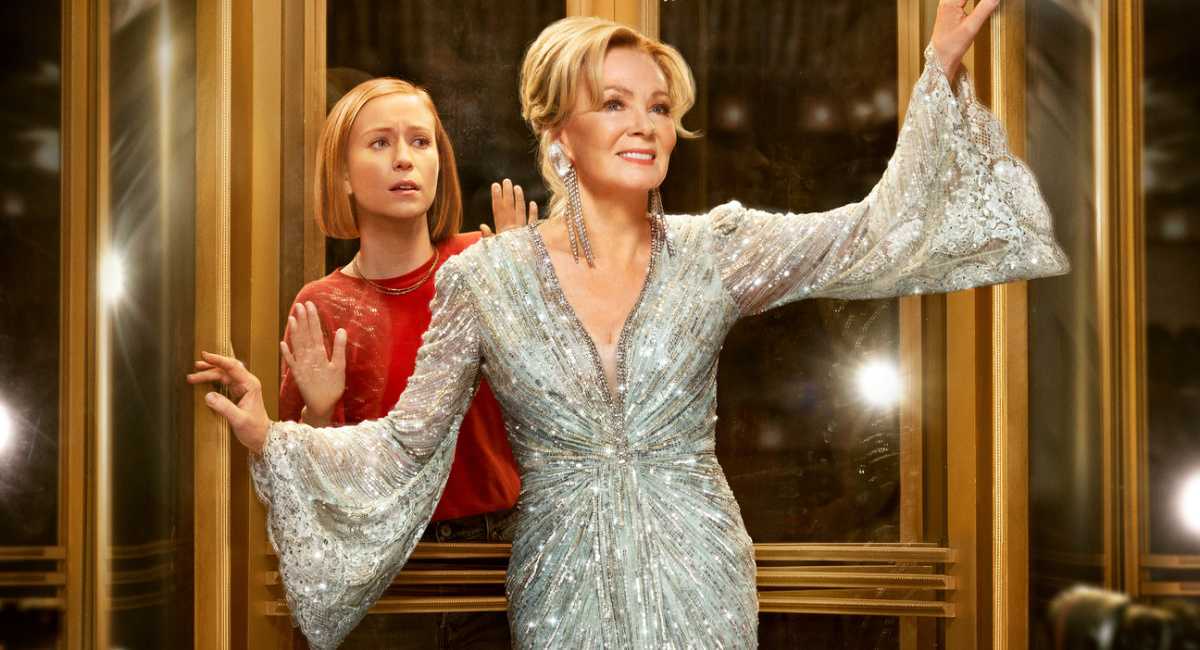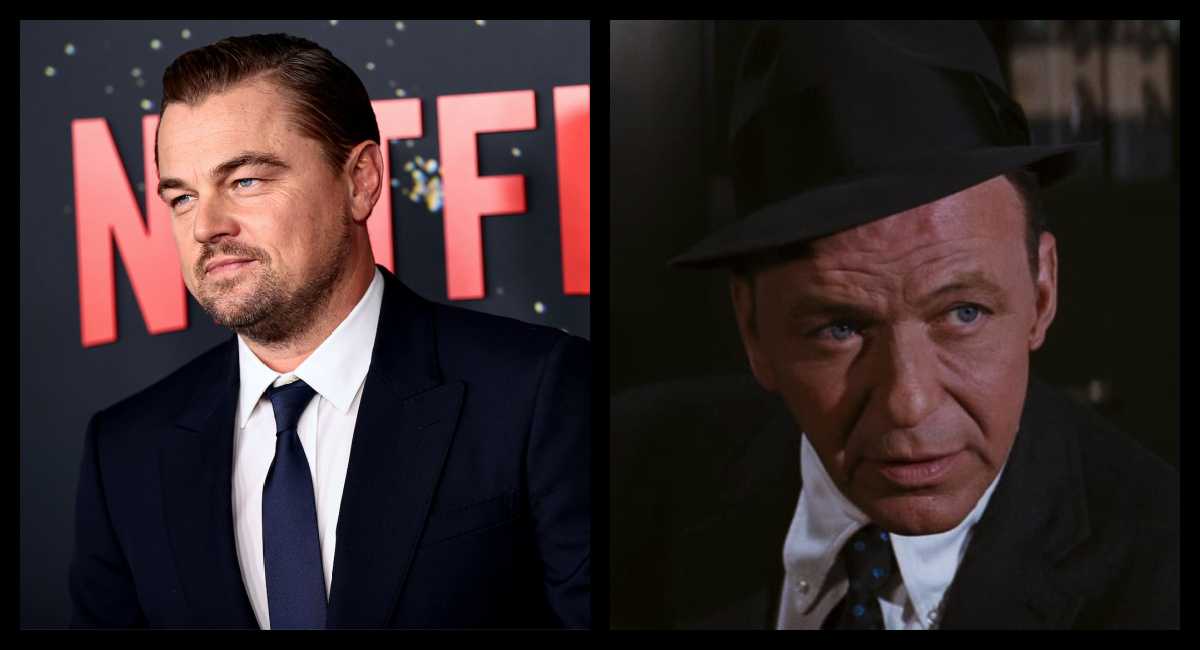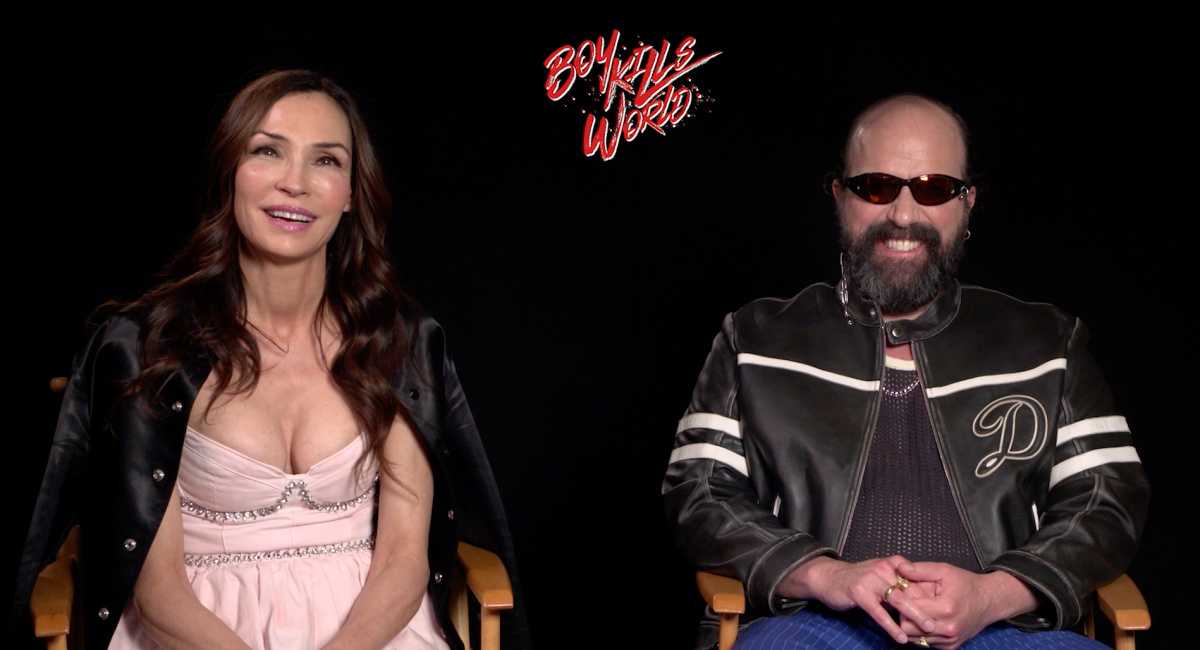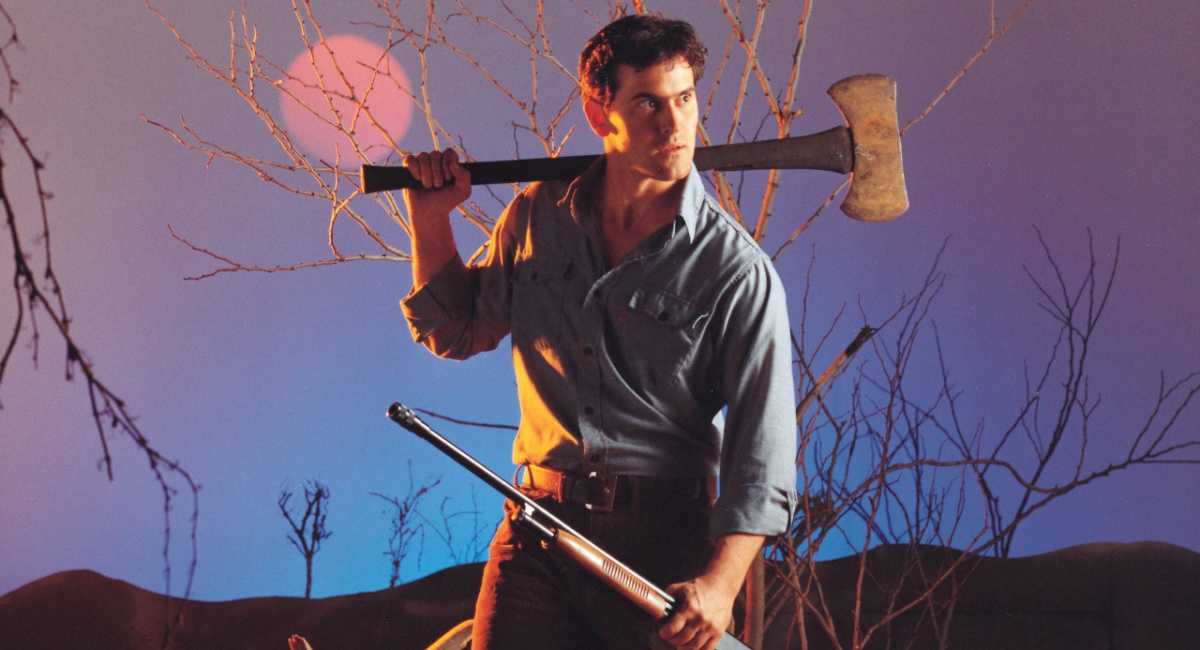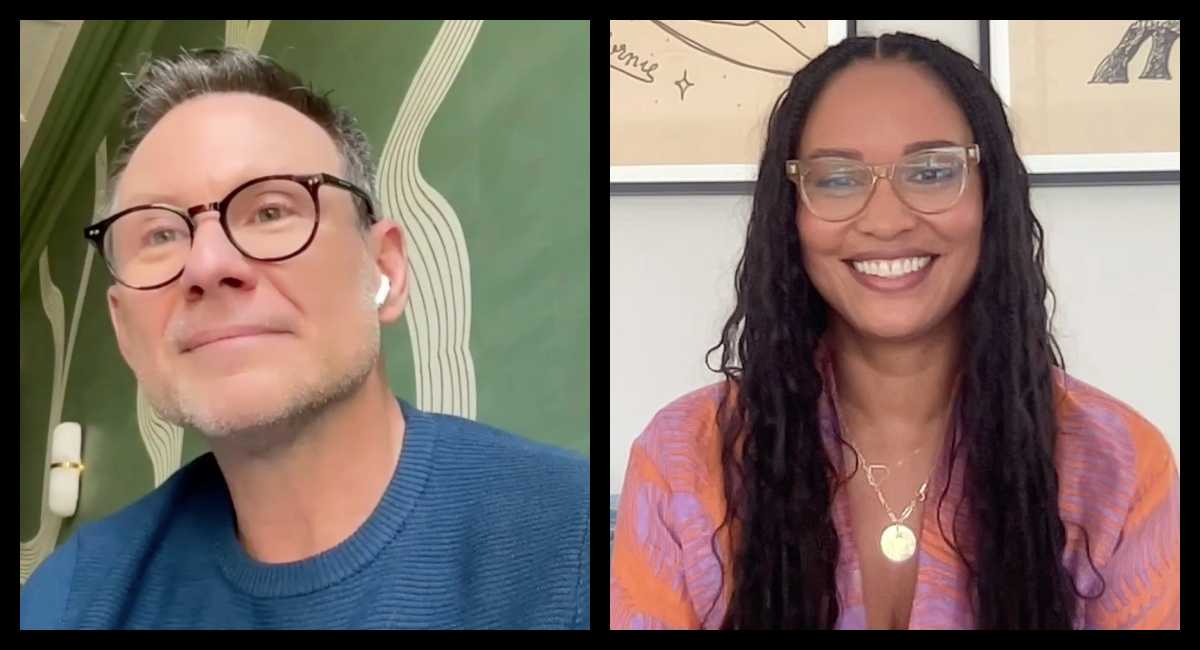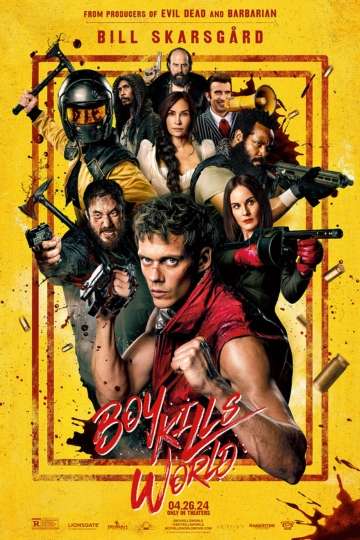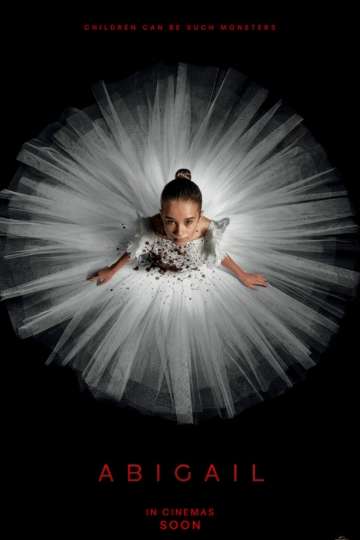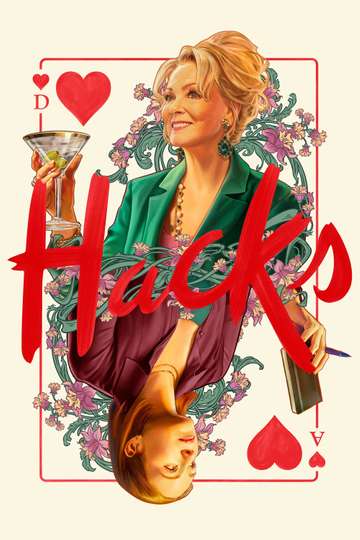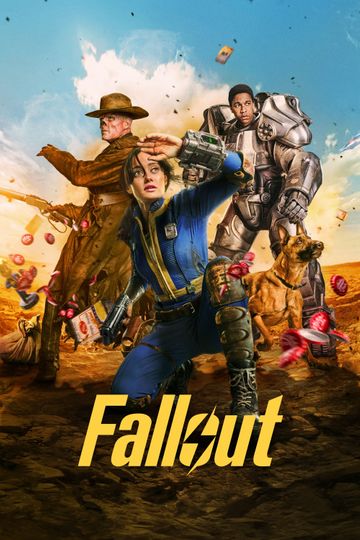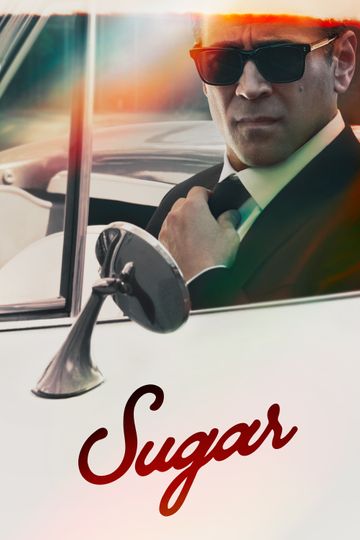'The Breakfast Club': Molly Ringwald and Ally Sheedy Look Back 30 Years Later (EXCLUSIVE)
Last week the Internet had a collective heart attack as it became apparent that the anniversary of the day that "The Breakfast Club" is supposed to take place happened 31 years earlier. Of course, "The Breakfast Club" is a movie and not a historical document (one that came out 30 years ago), but that doesn't matter. Because talking about John Hughes's immortal classic is fun and people will do it at every conceivable juncture.
"The Breakfast Club," of course, starred Emilio Estevez, Anthony Michael Hall, Judd Nelson, Molly Ringwald, and Ally Sheedy, as a group of disparate teens united for a Saturday's worth of detention (Paul Gleason very memorably essayed the role of the meddling principal -- "I make over $30,000 a year!"). Recently, to celebrate the movie's anniversary and commemorate the newly released (and truly incredible deluxe edition Blu-ray package), the film held a pair of screenings in Austin, Texas, as part of the South by Southwest Film Festival. At one screening, in the morning, they handed out pastries -- hey, it is the Breakfast Club after all!
That's where we were given the unique opportunity to sit down with Sheedy and Ringwald, actresses who gained immediate superstardom for the movie (with the press naming them as two members of the Hughes-cultivated Brat Pack) and are still talking about it today. While this kind of retrospective discussion can drive some actors up the wall, they were both gracious and lovely. We talked about whether or not they immediately recognized that the film would be a classic, why John Hughes didn't have any gay or ethnic characters in the script, and whether or not the movie would (and should) ever be remade.
Put on the Simple Minds theme song (really loud) and take a walk down memory lane, won't you?
Moviefone: When you first read the script did you have any idea it would be a classic?
Ally Sheedy: I loved doing the movie and I felt like it was a special experience and I thought it would probably turn out really well but I had no idea it would be this.
Molly Ringwald: I knew that it was special and like nothing else I had ever read before or since and I knew I wanted to be involved immediately. I loved it. It was my favorite script that I had read of John Hughes's. But how could you possibly know that we'd still be talking about it thirty years later?
Is that the thing that most people still come up to you to talk about?
Ringwald: For me, it's one of the three movies I've done for John and it happens to be my favorite of the three. But there are other people who love "Sixteen Candles" or some people think I was great in "St. Elmo's Fire..."
Sheedy: And you were!
What about you, Ally?
Sheedy: Well, I live in New York, so people talk to me about "Breakfast Club," "High Art," and because I work with these high school kids, I hear about this crazy character I play on "Psych" a lot.
I can't believe kids are watching "Psych."
Sheedy: I don't know what to say! But they go nuts!
The new Blu-ray has this trivia track that runs along the bottom of the screen. One of the more interesting bits was that you guys shot in sequence. Is that true?
Ringwald: Yeah, pretty much.
How did that affect your performances?
Ringwald: I think it helped a lot, definitely. Because by the time we got to that group therapy moment we already knew each other really well. We were actors and it's possible to shoot out of sequence and still do it. But I think it really helped.
And you were taking classes while this was going on?
Ringwald: I was, because I was so young. So Anthony Michael Hall and I were 15 and 16 and Ally and Emilio and Judd were in their 20s.
Were you taking classes in the same high school where you were shooting?
Ringwald: Yeah, pretty much.
Sheedy: It was actually tutoring. That's what they had to do. There was an hourly thing with the union. So they would shoot and then have to leave the set and go do work.
So you weren't showing up to Home Ec down the hall?
Ringwald: No no no. I had a studio teacher who was with me on most of those movies, who I loved dearly. She was great. She was Jodie Foster's teacher and then she was mine and then she was Winona's.
Sheedy: Fair enough.
Ringwald: But she was great. She really made the experience as great as possible because it was hard to actually have to leave the set. "Sixteen Candles" was shot during the summer, so I got to be on set all the time, but it was hard to have to leave because it seemed like there was a party going on without me. It was very frustrating.
Do you think this movie would be made today?
Ringwald: No, I don't.
Nobody would let it be rated R.
Ringwald: Probably not. There would have to be a vampire in there, at some point.
Sheedy: There would have to be a sex scene.
Ringwald: Yeah, there would have to be a sex scene in it.
Sheedy: Somebody would have to get undressed. And there would have to be some kind of special effects. I think it might be meaner if they made it today.
Would you change anything about it?
Ringwald: Obviously, if they ever made a "Breakfast Club"-like movie, I don't think they should ever remake "The Breakfast Club," but if they did something inspired by, I think it would be interesting to have something with more racial diversity.
One of the kids probably should have been gay.
Ringwald: Oh, definitely. John didn't have the vocabulary for that. I'm convinced that in "Pretty in Pink" Ducky is gay, because that character was based on my best friend Matt who is gay, who was not out at that time but we had a very similar relationship. But that just wasn't in his vocabulary. Also, John became very conservative later in life. Did you know that? It was very strange.
Sheedy: Yeah.
Did you guys keep in touch with Hughes?
Ringwald: Um... No. Not really. We came back into contact and I had always hoped that we would work together again in some way, but we weren't close.
Sheedy: I got to hang out with him a little bit because I did this movie "Only the Lonely."
Ringwald: Oh, with John Candy?
Sheedy: Right. And he was a producer on that one.
He was living in New York at some point, right?
Sheedy: He may have been but he was only in Chicago at that point, so I got to go to Chicago to do it and spend a whole bunch of time with him.
Ringwald: I think once his family moved to LA and then hated it and moved back to Chicago, he never left Chicago again.
Do you keep in touch with your costars?
Ringwald: We see each other, usually at some event or a tribute or something. Or out of the blue.
I know that some of you dated and were very good friends. Do those emotions ever come back?
Ringwald: It was a long time ago. Life soldiers on.
Sheedy: Yeah!
Ringwald: I've been with somebody for 14 years and have 3 kids so I think I'm pretty well ensconced.
How does it feel to come back and introduce the movie to a whole new generation? Do you feel like the ambassadors of planet "Breakfast Club"?
Sheedy: It's fun. You feel good about the movie and the experience, so it's nice.
Ringwald: Yeah, I think the movie has become so beloved and it's been discovered by so many generations without our help. It's incredible. Everybody in my daughter's school has seen it and they're 11. So I feel really proud to be a part of the movie.
Sheedy: This is a very cool thing, that South by Southwest did this big screening, that they're re-releasing this DVD and putting it back into movie theaters. It's pretty joyous.
If you didn't know that it was immortal when you read it, looking back on it, what do you think makes it such a timeless classic?
Ringwald: You can take that one.
Sheedy: I think it takes a group of five teenagers and very realistically puts their lives on the screen. They're basically normal; anybody could relate to them, there's nothing huge going on. But it's that their experience at that time matters enough and is interesting enough to make a movie about without embellishing. And I think for a young person, seeing that, it's like, Oh, that's me up there and somebody cares about my story.
Ringwald: And also, the issues that we're dealing with haven't really changed. I just noticed from watching my kids grow up, that political atmosphere of cliques at school, the bullying, the feeling that you don't belong that everyone feels no matter who they are, those themes really still resonate today and probably always will.


